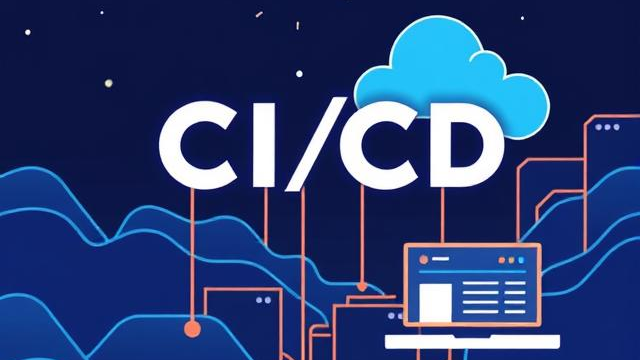The Missing "Jenkins Killer"
Jenkins has been around for almost two decades, yet no CI/CD tool has fully replaced it. Despite its clunky UI and maintenance overhead, it remains the go-to solution for enterprises and DevOps teams worldwide. But why? Why hasn’t anyone built a modern, flexible, self-hosted alternative that dethrones it once and for all?
The answer lies in its unparalleled flexibility, ecosystem, and self-hosting capabilities—things that no competitor has been able (or willing) to match.

1. Jenkins' Plugin Ecosystem Is Unmatched
It boasts over 1,800 plugins, supporting nearly every DevOps tool and workflow imaginable. From Kubernetes deployments to legacy system integrations, it has a plugin for it.
For a new CI/CD tool to replace Jenkins, it would need:
- A large open-source community to build and maintain plugins.
- Years of adoption to match it's extensive integrations.
- Support for legacy systems, which many enterprises rely on.
Even highly regarded alternatives like GitHub Actions, GitLab CI/CD, and Tekton struggle to compete with it's depth of integrations.
2. Flexibility Comes at a Cost
It is infamous for being complex to set up and manage, but that’s the price of ultimate flexibility. Unlike many newer CI/CD tools, it's can run on:
- Bare metal servers
- Virtual machines
- Docker containers
- Kubernetes clusters
- Any cloud or on-premises infrastructure
Most modern CI/CD platforms trade flexibility for ease of use. They simplify pipeline management but limit customization, making them unsuitable for teams that require complete control over their workflows.
3. Enterprises Don’t Want to Migrate
It is deeply embedded in large organizations. Replacing it would require:
- Rewriting thousands of pipeline scripts
- Training DevOps teams on a new system
- Migrating plugins and integrations
For many enterprises, the cost of migration outweighs the benefits of a new tool. They'd rather deal with it's quirks than risk downtime or breaking their CI/CD pipelines.
4. Open Source vs. Vendor Lock-in
Many newer CI/CD solutions are tied to cloud providers. GitHub Actions, AWS CodePipeline, and GitLab CI/CD work well only if you stay within their ecosystem.
It, on the other hand:
- Is fully open-source
- Has no vendor lock-in
- Can be self-hosted anywhere
A true alternative must be as open and flexible while also offering a better user experience. So far, none have achieved this balance.
5. No One Wants to Build a Free Competitor
Building a free, open-source Jenkins replacement is a massive effort with little financial return. Most CI/CD companies make money through paid cloud services, which means they intentionally limit self-hosting options to drive users toward their platforms.
It, backed by the open-source community, continues to survive because it has no commercial agenda—it simply exists to serve DevOps teams worldwide.
6. Jenkins Is Still Evolving
While Jenkins has its flaws, it's not standing still:
- Jenkinsfile introduced a more structured way to define pipelines.
- Declarative Pipelines made configuration more user-friendly.
- Jenkins X was an attempt to modernize Jenkins for Kubernetes environments.
- The community continues to update and improve it.
As long as it keeps evolving, there’s little urgency for teams to switch.
What Would a "Jenkins Killer" Need?
For any new tool to truly replace Jenkins, it must be:
- Fully open-source (not tied to a cloud provider)
- Self-hostable, yet easy to manage
- As flexible as Jenkins (supporting any deployment environment)
- Packed with a large plugin ecosystem from day one
- Backed by a strong developer community
Until someone builds this mythical tool, it will remain the king of CI/CD—not because it’s perfect, but because no one has created a worthy challenger without vendor lock-in.
Conclusion: Jenkins Isn't Pretty, But It Works
It is like an old, battle-tested machine—hard to maintain, but it gets the job done better than anything else. DevOps teams might complain about its UI or complexity, but when it comes to raw power and flexibility, it still has no true competitor.
Unless a new open-source, self-hosted CI/CD platform emerges that can match its customizability, extensibility, and freedom, it will continue to dominate the CI/CD world. For now, Jenkins may not be the best-looking tool out there—but it’s still the most unstoppable.
For more insights on Jenkins and modern CI/CD tools, check out the official website of Jenkins. If you're interested in learning more check out our blogs on Devops

